作家薛欣然对话天安门学运领袖、学者、人权活动家王丹博士,讨论1989年天安门学运及其影响。
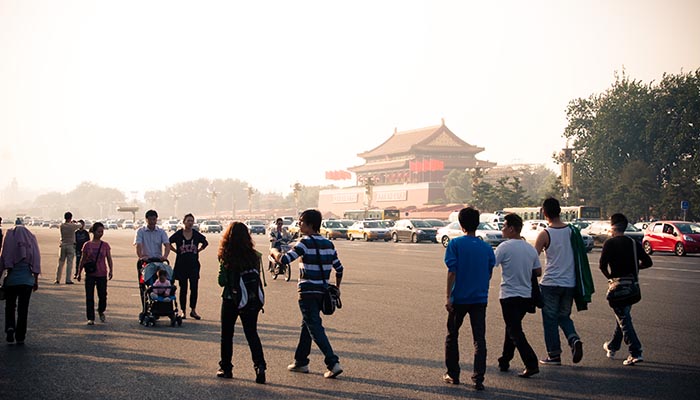

作家薛欣然对话天安门学运领袖、学者、人权活动家王丹博士,讨论1989年天安门学运及其影响。
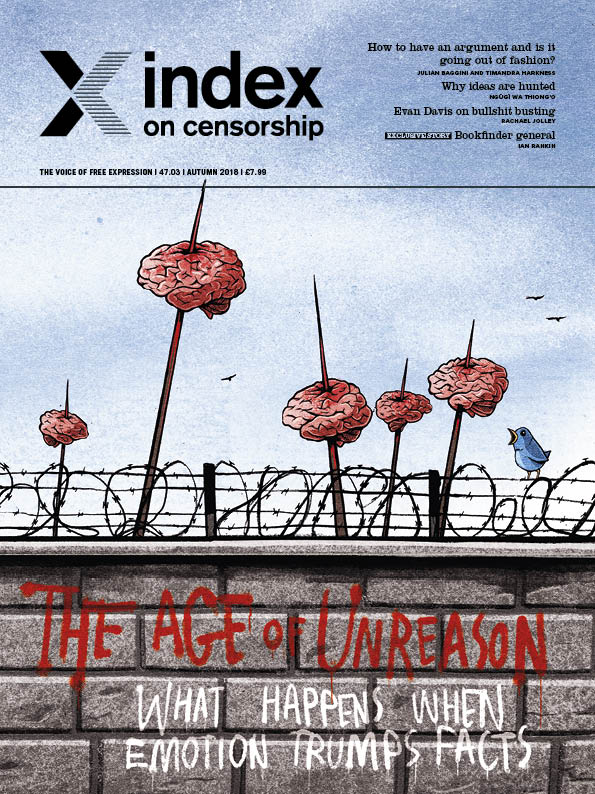
Try our quiz to test your bullshit spotting skills
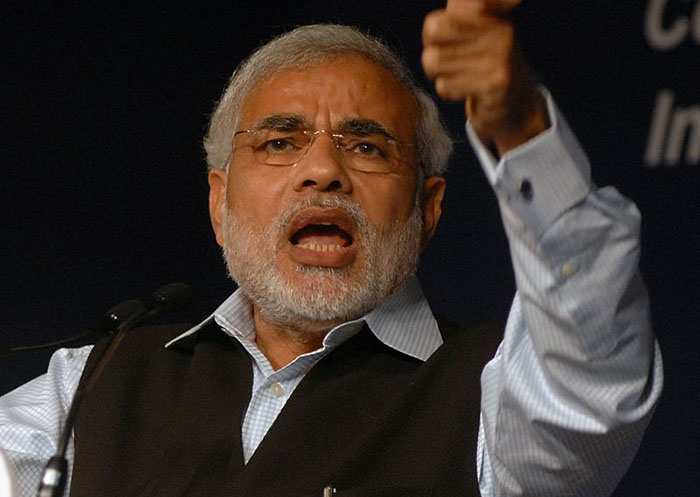
India’s prime minister seeks to create an unquestioning press, writes John Lloyd
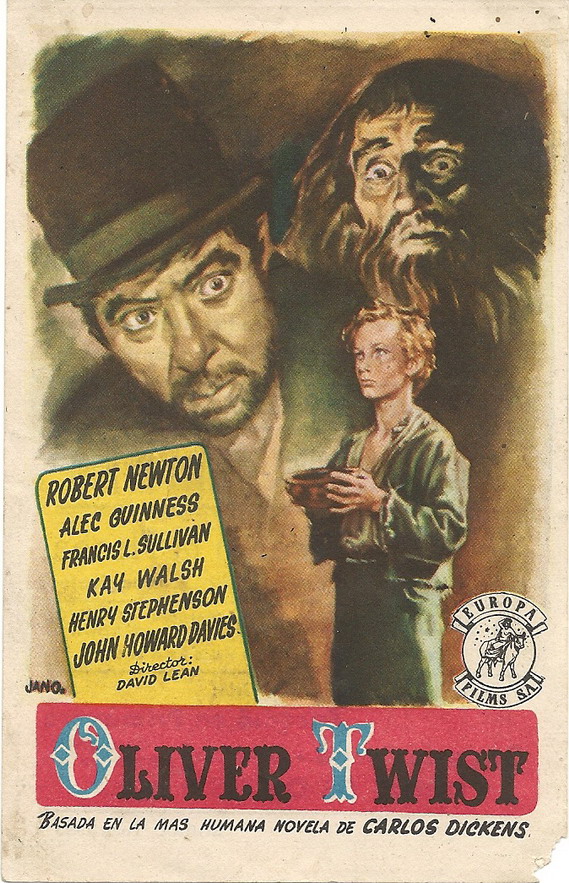
Using fiction and stories to influence society is nothing new, but facts are needed to drive the most powerful campaigns, argues Rachael Jolley
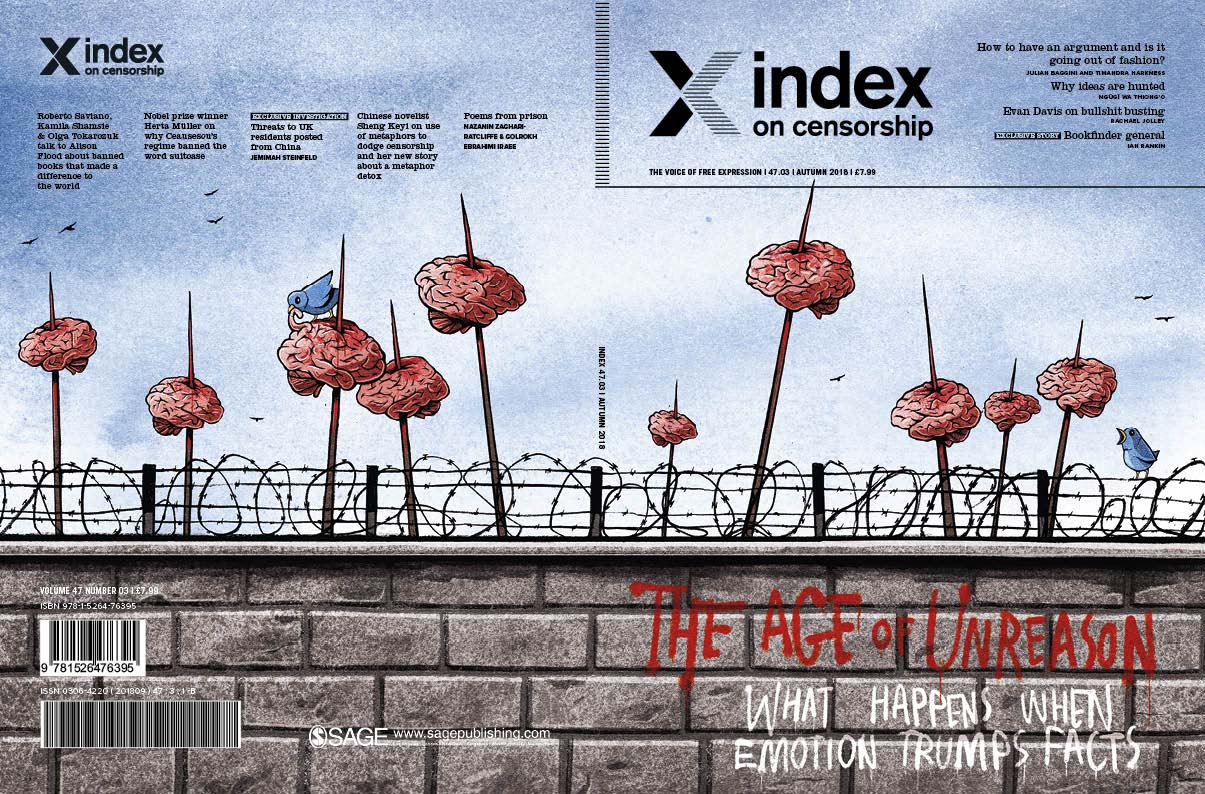
[vc_row][vc_column][vc_single_image image="102490" img_size="full"][vc_column_text]Join BBC Radio 4’s FutureProofing series presenter Timandra Harkness and special guests Graham Lawton (New Scientist) and Keith Kahn-Harris (author of Denial: The...

The autumn 2018 issue of Index on Censorship magazine looks at the ways in which we might be turning away from facts and science across the globe.

Are facts under attack? We explore this question in the Autumn issue of Index on Censorship magazine.

The autumn 2018 Index on Censorship magazine asks whether we are turning away from facts, reason and science in favour of emotions. TV presenter Evan Davis speaks about why we are willing to believe lies, while philosopher Julian Baggini outlines the difficulties of sharing a viewpoint that is not popular. Meanwhile, Timandra Harkness illustrates how you can have an argument. We also have articles from Kaya Genç in Turkey exploring the current attack on science in the education system, from Stephen Woodman in Mexico on the rise of documentaries as an antidote to a biased media and from Dan Nolan in Hungary on increasing government interference in the arts and now sciences. Outside the special report, don’t miss Amanda Leigh Lichtenstein writing about the Tanzanian government’s attempt to muzzle bloggers through introducing fees that are more than most people’s salaries, and Nobel Prize-winning novelist and poet Herta Müller on being threatened by the secret police in Romania.
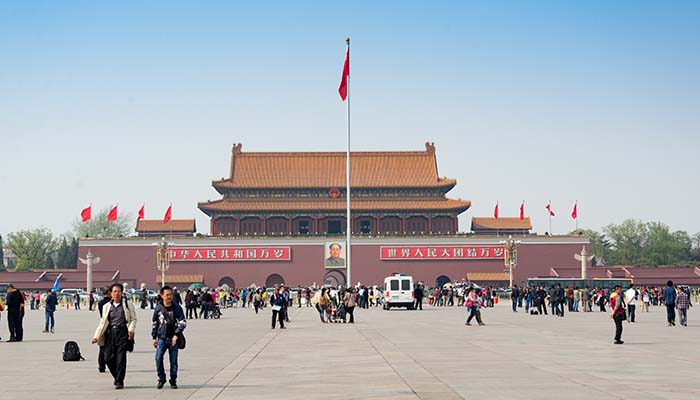
中国政府最近新通过一项法律,该项法律将惩罚官方认为错误的历史叙述。林慕莲 为《失忆人民共和国—重返天安门》一书作者,她认为在当下的中国她将无法完成此书的写作。

Index on Censorship is honoured to announce that our magazine has won an ‘Award of Excellence’ in the ‘Magazines, Journals & Tabloids – Writing (entire issue)’ category for the Awards for Publication Excellence (APEX).
A quarterly journal set up in 1972, Index on Censorship magazine has published oppressed writers and refused to be silenced across hundreds of issues.
The brainchild of the poet Stephen Spender, and translator Michael Scammell, the magazine’s very first issue included a never-before-published poem, written while serving a sentence in a labour camp, by the Soviet dissident Aleksandr Solzhenitsyn, who went on to win a Nobel prize later that year.
The magazine continued to be a thorn in the side of Soviet censors, but its scope was far wider. From the beginning, Index declared its mission to stand up for free expression as a fundamental human right for people everywhere – it was particularly vocal in its coverage of the oppressive military regimes of southern Europe and Latin America but was also clear that freedom of expression was not only a problem in faraway dictatorships. The winter 1979 issue, for example, reported on a controversy in the United States in which the Public Broadcasting Service had heavily edited a documentary about racism in Britain and then gone to court attempting to prevent screenings of the original version. Learn more.